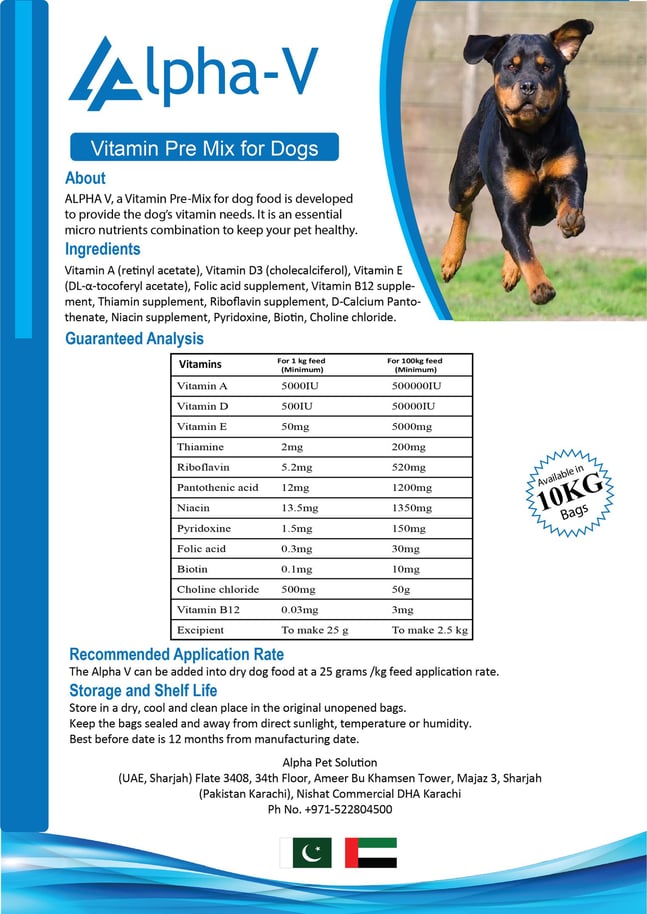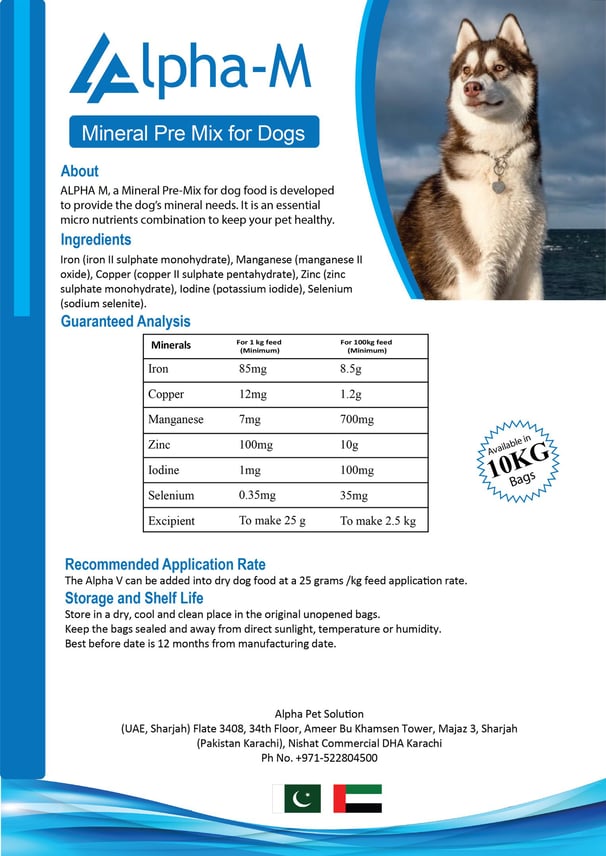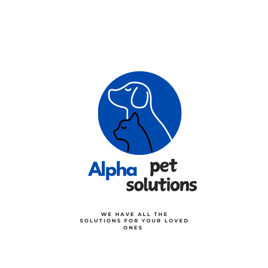Vitamin premix
Vitamins are added to cat food to ensure that cats receive all the essential nutrients they need for optimal health. Cats have unique dietary requirements due to their obligate carnivorous nature, meaning they primarily rely on nutrients found in animal tissues. Here are some reasons why vitamins are included in their diets: Support Growth and Development: Vitamins like A, D, and B-complex are crucial for healthy growth, bone development, and energy metabolism in kittens. Maintain Immune System: Vitamins such as E and C help support a cat's immune system, protecting them against illnesses and infections. Promote Healthy Skin and Coat: Vitamin A and biotin (a B-vitamin) contribute to healthy skin and a shiny, resilient coat.
Prevent Nutritional Deficiencies: Commercially prepared cat foods are often fortified with vitamins to prevent deficiencies that could lead to serious health issues like poor vision, weak bones, or neurological problems. Compensate for Processing Losses: The heat and processing involved in manufacturing cat food can destroy natural vitamins in the ingredients, so adding vitamins ensures the final product remains nutritionally complete. Cats are unable to synthesize certain essential nutrients, such as vitamin D or niacin, in sufficient amounts, so these must be provided through their diet. Formulating balanced cat food with added vitamins helps meet these needs.


Minerals premix
Cat and dog food is supplemented with trace minerals as they are essential for a cat's overall health and physiological functions, even though they are required in small amounts. Here’s why they are important:1. Support Enzyme Functions: Many microminerals serve as cofactors for enzymes, enabling critical biochemical reactions in the body. For example: Zinc is involved in over 200 enzymatic reactions, including those needed for skin health and wound healing. Copper plays a role in the production of enzymes that are important for connective tissue formation and iron metabolism.
2. Promote Healthy Skin and Coat: Zinc helps maintain healthy skin and a shiny coat by supporting cell membrane integrity and preventing skin disorders.
3. Strengthen Bones and Teeth: Manganese is necessary for the formation of bones and cartilage, particularly in growing cats.
4. Enhance Immune Function: Selenium and zinc are vital for a strong immune system, helping protect against infections and diseases.
5. Oxygen Transport and Metabolism: Iron is a key component of hemoglobin in red blood cells, which carries oxygen throughout the body. Copper is also involved in iron absorption and transport.
6. Maintain Neurological and Muscle Functions: Iodine is essential for thyroid hormone production, which regulates metabolism and energy use. Selenium supports proper muscle function and reduces oxidative stress.
7. Prevent Deficiencies : Without adequate microminerals, cats may develop health problems such as: Anemia (iron deficiency), Poor growth or skeletal deformities (manganese deficiency)' Immune dysfunction or slow wound healing (zinc deficiency)
Adding trace elements to cat food ensures that cats receive the precise nutrients they need for a balanced diet and optimal health


